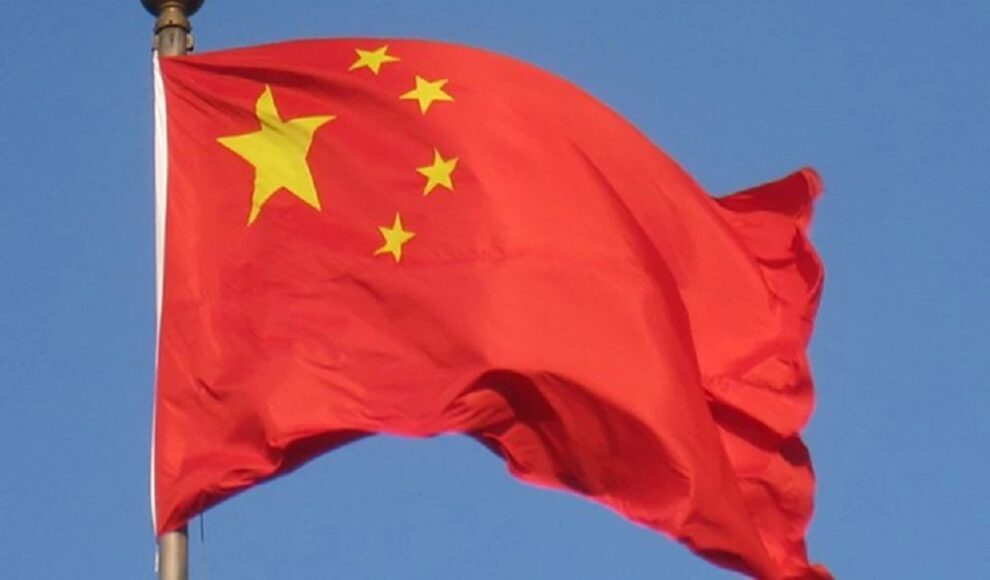JAPAN was the first nation to engage Asean, albeit in the innocuous form of a forum on synthetic rubber in 1973.
The relationship was enhanced in 1997 with the Fukuda Doctrine, a landmark event featuring Japan’s declaration of abstaining from being a military power and pledge to boost relations and strengthen cooperation with Asean countries.
Over the decades, relations blossomed as Japanese overseas development aid helped spur economic development in Asean.
The assistance package includes financing physical infrastructure, capacity building and transfer of technology and know-how.
Not surprisingly, Asean continues to value Japan as a partner, even as the latter’s economic power wanes and new powers emerge.
However, China’s rise as a superpower and the United States’ reaction to shift its policy from engagement to containment resulted in tit-for-tat responses by both countries, sowing discord and division in the region.
The US-China rivalry challenges the dynamic of Japan-Asean relations as both parties differ on their perception of China, adopting different stands on the rivalry.
Asean welcomed former US president Barack Obama’s pivot to Asia policy as a signal of its renewed interest in the region.
But unlike Japan, Asean was less keen on former US president Donald Trump’s “America first” trade policy.
With President Joe Biden, the concerns lie with his multilateral approach dealings with China.
Biden strategised with allies, including a strong emphasis on the Indo-Pacific and its related institutions and processes, such as the Indo-Pacific Economic Framework for Prosperity, Quadrilateral Security Dialogue and Aukus.
There is a concerted effort to economic decoupling or de-risking, which entails measures to reduce reliance on China and to increase supply chain resilience.
The Russian invasion of Ukraine added complications as the US and allies imposed tough sanctions on Russia, targeting its oil exports and President Vladi-mir Putin’s allies.
Russia turned to its long-time ally China for assistance and BRICS (the grouping of Brazil, Russia, India, China and South Africa), which increased its visibility and appeal particularly among countries with contentious relations with the US.
The sanctions had an unintended impact, leading to energy and food shortages and higher inflation.
The US Fed hiked interest rates to contain inflation, resulting in a strong dollar.
Sanctions, asset freezing and concerns about the American economic trajectory might push countries to evaluate and reduce reliance on the greenback.
BRICS led the de-dollarisation charge, having years earlier put in place mechanisms to facilitate cross-border payments in local currencies.
The latest proposal of a BRICS common currency has gained traction.
Asean has taken similar moves, using local currencies for transaction settlement as a counter against the strong dollar.
De-risking and de-dollarisation and other retaliatory measures bucked the trend of integration and cooperation in the region.
Japan and Asean have different perceptions of China’s rise.
Japan values its relations with the US, and the US-Japan Security Alliance is the cornerstone of its foreign policy.
Japan’s policy towards China focuses on engagement, although increasing US-Sino tension has altered the Japanese position.
Prime Minister Fumio Kishida is vocal about his concerns, particularly Chinese maritime activities.
China has emerged as Asean’s top trading partner, investor and contributor to tourist arrivals. Asean’s sentiment is generally positive, although it differs between members.
The contentious issues include Chinese maritime activities, South China Sea disputes and certain aspects of the Belt and Road Initiative, which benefit China more than the local economy.
Asean wants to remain neutral and friendly with all nations, including major powers.
As indicated by Indonesia at the recent Asean Regional Forum, the bloc does not want to turn into a battleground or proxy for major powers.
This might be an elusive goal, given Asean’s increasing economic importance and strategic location.
As Asean and Japan mark their golden anniversary, the question remains: can the relations maintain their status quo?
This is the face of Japan’s closer alliance with the US and Asean’s desire to remain neutral.
The two have embarked on discussions to map directions of bilateral relations throughout the years, culminating in the year-end Japan-Asean commemorative summit.
There is speculation the relations would be upgraded to comprehensive strategic partnership at the summit.
However, the focus should be on measures to maintain and advance relations without compromising national interests.
Asean should aim to become a stronger institution and Japan should provide aid to meet that goal.
Source : Khmer Times





































